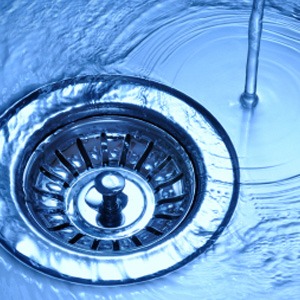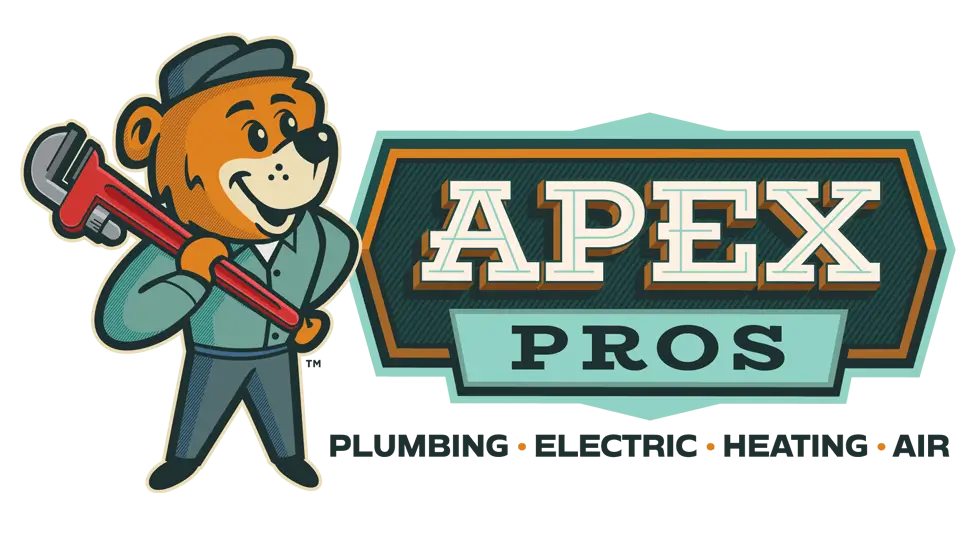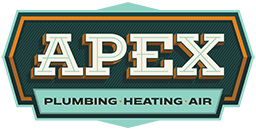
Sewage backups are not something you want to experience. They’re messy, smelly, and can cause health problems. Many things can cause wastewater to back up in your home’s plumbing system. This includes tree root systems that have invaded sewer lines, blocked drains, rips or tears in pipes, and even extreme weather events such as torrential rain.
Sewage backups can even be caused by something as simple as someone flushing the wrong thing down the toilet. Just because a certain item can make it through the toilet and into the sewer main doesn’t mean it’s capable of breaking down once inside the sewer lateral. Items such as baby wipes, cotton balls, or tampons can lead to backups if flushed down the toilet.
But how do you know if you’re suffering from a sewage backup? Here are some signs to look out for.
1. Smells and Odors
The first and most common sign that there is a sewage backup somewhere in your house or business is the smell. As wastewater backs up into the home, you will likely notice an overpowering foul odor emanating from your toilets, sinks, tubs, and other drains.
This sewage smell sometimes is so strong that it can even permeate furniture and other articles of clothing hanging in the room. If you notice this type of odor coming from your drains or anywhere else in your house, you should call a professional to investigate.
2. Sinks and Toilets Overflowing
Another common sign of a sewage backup is when your sinks and toilets start to overflow. If the sewage has risen high enough, it will seep out of your drains and into your home.
Before long, you could find yourself dealing with wastewater spilling over from the sink or tub and across the floor of the bathroom. In some cases, this may even result in sewage backing up through your toilet and allowing for raw sewage to spill out onto the floor.
3. Gurgling Noises
Some sewage backups won’t produce foul odors and will instead cause strange gurgling noises to come from your plumbing.
When wastewater is backing up into the home, there may be air pockets in the sewer lines that will cause strange and unusual noises to come from the drain.
If you hear this type of noise coming from your drains, it’s a good idea to have a professional come out and check for a sewage backup. It could save you a lot of money in damage repair down the line.
4. Slow Drains
Another sign of sewage backup is slow drains. As the sewage level rises in the pipes, it will begin to slow down your water flow and can even cause some drains to become completely clogged and unusable.
Before long, you could find that you’re unable to flush your toilet or drain water from bathtubs and sinks at all. If this happens, don’t try to clear the clog yourself with chemicals as this may make the problem worse. It’s important that you call a professional from Apex Plumbing, Heating, and Air Pros as soon as possible.
5. Puddles and Pooling Water
As a sewage backup becomes more severe, it may begin pooling water in your yard or other parts of your property. If the wastewater is pooling near the foundation of your home, it could seep into crawlspaces and basements.
Ultimately, the wastewater may soak into the ground and require extensive restoration efforts to clean up. You should not attempt to mop or otherwise clean up this type of standing water on your own. If you notice significant pooling in your yard, call a professional immediately!
6. Sinkhole Developing
An extreme sign of a sewage backup is when so much wastewater seeps through the soil beneath your property that it causes a sinkhole to form.
Suppose you notice a sudden and extremely deep hole developing in your yard. In that case, you should call a professional immediately, as this means that wastewater has been seeping into the soil for some time now. It’s likely that there has been severe damage done to the foundation or pipes beneath the surface. In most cases, this type of problem will require emergency professional repairs as soon as possible.
7. Mold and Mildew Growth
If wastewater has been present in an area for several hours, there is a good chance mold, and mildew will start growing on surfaces such as walls or baseboards near the floor drain.
To make matters worse, sewage also tends to leave behind a slimy residue that can coat areas of a home and provide the perfect environment for mold spores to take root and spread.
8. Insect Activity
A surefire sign of sewage backup is when you notice insects such as flies or mosquitoes congregating around your drains. Flies are attracted to the rotten organic matter found in wastewater while mosquitoes are drawn in by the standing water.
Both types of insects will happily lay eggs in standing water, and these bugs can be carriers for some very serious diseases, so it’s important that you call a professional as soon as possible.
9. Sudden Lush Spots
Suppose you find that areas around your drains have become particularly lush or verdant compared to other parts of your lawn. In that case, wastewater from a backup has likely been seeping into the soil for some time now, and these moist conditions have provided just enough nutrients for the grass to take root and flourish.
As a general rule, try and avoid these lush green areas of your lawn as they can be a health hazard.
10. Signs of Structural Damage
In some cases, sewage backup can cause significant damage to the foundation and structure of a home.
This happens because wastewater has nowhere to go when it can’t drain away from the home, so it begins pooling beneath the foundation. If enough water pools in one area for an extended period, this can cause certain sections of your home’s foundation to crack or separate, leading to serious structural damage.
Prevention of Sewage Backups
While sewage backups can be difficult to prevent altogether, there are a few steps you can take to minimize the risk of a backup occurring in your home.
The first step is to schedule regular inspections and cleaning of your home’s main sewer line and drains. With regular maintenance and inspections, you should be able to catch even the smallest blockage before it becomes a major problem.
You should also avoid flushing anything other than human waste and toilet paper down your toilet. Even feminine hygiene products such as tampons and pads should not be flushed since they do not break down in the sewer system.
If you are experiencing a sewage backup in Columbus, OH, and surrounding areas, call Apex Plumbing, Heating, and Air Pros. We offer 24/7 emergency service and can help minimize the damage caused by your backup. Our team of highly trained and certified plumbers also offers burst pipe repair, water heater repair, leak detection, sump pump installation as well as trenchless pipe repair. Call us now for a free estimate!





